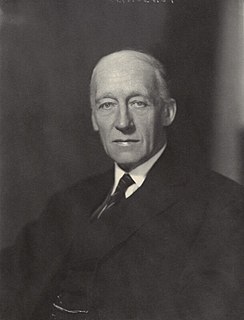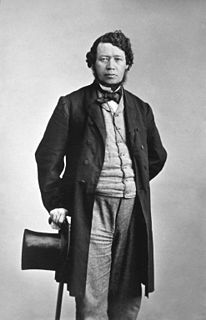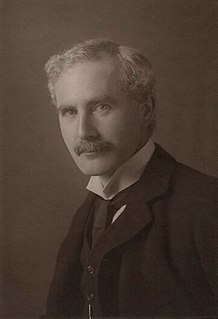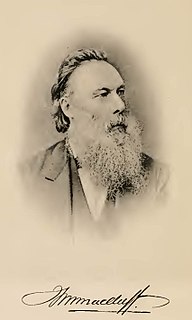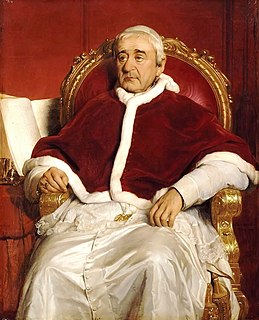A Quote by Arthur Ponsonby, 1st Baron Ponsonby of Shulbrede
Resolutions expressing Parliamentary approval of every Treaty before ratification would be a very cumbersome form of procedure and would burden the House with a lot of unnecessary business. The absence of disapproval may be accepted as sanction, and publicity and opportunity for discussion and criticism are the really material and valuable elements which henceforth will be introduced.
Related Quotes
Everything we did was done in form and with propriety, and the result of our proceedings is the document [the Quebec Resolutions] that has been submitted to the imperial government as well as to this house and which we speak of here as a treaty. And that there may be no doubt about our position in regard to that document we say, question it you may, reject it you may, or accept it you may, but alter it you may not.
The desire to give advice is itself a symptom of disapproval; and further, it is usually the result of a desire to express that disapproval. And we are most moved to give advice to those for whom our affection and regard may be taken for granted, but to whom we would rather express our disapproval. We cannot go to them and say that we disapprove of them. That would not be affectionate, and might lead to reprisals. But we can give them advice in which the disapproval is implied and which yet seems innocently helpful.
The Treaty of Lisbon gave the European parliament a stronger role as co-legislator and the European Council its own president. Furthermore, the treaty introduced checks on subsidiarity - the concept that decisions should be taken as close as possible to the citizens - in an effort to cut back on unnecessary rules and regulations.
Seek to make life henceforth a consecrated thing; that so, when the sunset is nearing, with its murky vapors and lowering skies, the very clouds of sorrow may be fringed with golden light. Thus will the song in the house of your pilgrimage be always the truest harmony. It will be composed of no jarring, discordant notes; but with all its varied tones will form one sustained, life-long melody; dropped for a moment in death, only to be resumed with the angels, and blended with the everlasting cadences of your Father's house.
Two weeks into looking after a newborn, you don't necessarily feel as if you've got it all under control. It's just turned your life absolutely upside down, and I think there are a lot of parents who would feel that having the opportunity for both parents to be around in those early weeks would be something that would be really, really valuable.
I am a child of the Enlightenment. I think irrational belief is a dangerous phenomenon, and I try to consciously avoid irrational belief. On the other hand, I certainly recognize that it's a major phenomenon for people in general, and you can understand why it would be. It does, apparently, provide personal sustenance, but also bonds of association and solidarity and a means for expressing elements of one's personality that are often very valuable elements. To many people it does that. In my view, there's nothing wrong with that.
We are here speaking in open disapproval of that false system of philosophy, not so long ago introduced, by which, because of an extended and unbridled desire of novelty, truth is not sought where it truly resides, and, with a disregard for the holy and apostolic traditions, other vain, futile, uncertain doctrines, not approved by the Church are accepted as true, on which very vain men mistakenly think that truth itself is supported and sustained.
I kind of started with this foundation, and tried to do all the research I could do for Alice [Cullen], and then every time a [new] director would come in, they have their own artistic take on things and add in new elements. And a lot of times they would ask, "What did you love that you portrayed, and what do you wish that you could show?" So I felt, with each installment, I got the opportunity to add on something. I think she was very - you know, really sweet, [laughs] a little odd in the first installment.
In fact, the Outer Space Treaty of 1967 bans militarization. Potential adversaries of the US, and even its allies, are so far behind that these countries are very interested in maintaining the treaty. Europe and the rest of the world want a strong reaffirmation of the Treaty and the US is unilaterally trying to derail it. Termination of the treaty would mean that the US could develop satellite weapons, put offensive weapons in space. It would probably mean using nuclear power in space. All of this leads to some very dangerous scenarios, including destruction of the species.
Those who feel guilty contemplating "betraying" the tradition they love by acknowledging their disapproval of elements within it should reflect on the fact that the very tradition to which they are so loyal—the "eternal" tradition introduced to them in their youth—is in fact the evolved product of many adjustments firmly but delicately made by earlier lovers of the same tradition.
Evil denotes the lack of good. Not every absence of good is an evil, for absence may be taken either in a purely negative or in aprivative sense. Mere negation does not display the character of evil, otherwise nonexistents would be evil and moreover, a thing would be evil for not possessing the goodness of something else, which would mean that man is bad for not having the strength of a lion or the speed of a wild goat. But what is evil is privation; in this sense blindness means the privation of sight.
Since the truth may not be what we would prefer. It is revealing that so many people today express approval by saying, "I'm comfortable with that," and disapproval by saying, "I'm not comfortable with that." Comfort is important when it comes to furniture and headphones, but it is irrelevant when it comes to truth.
